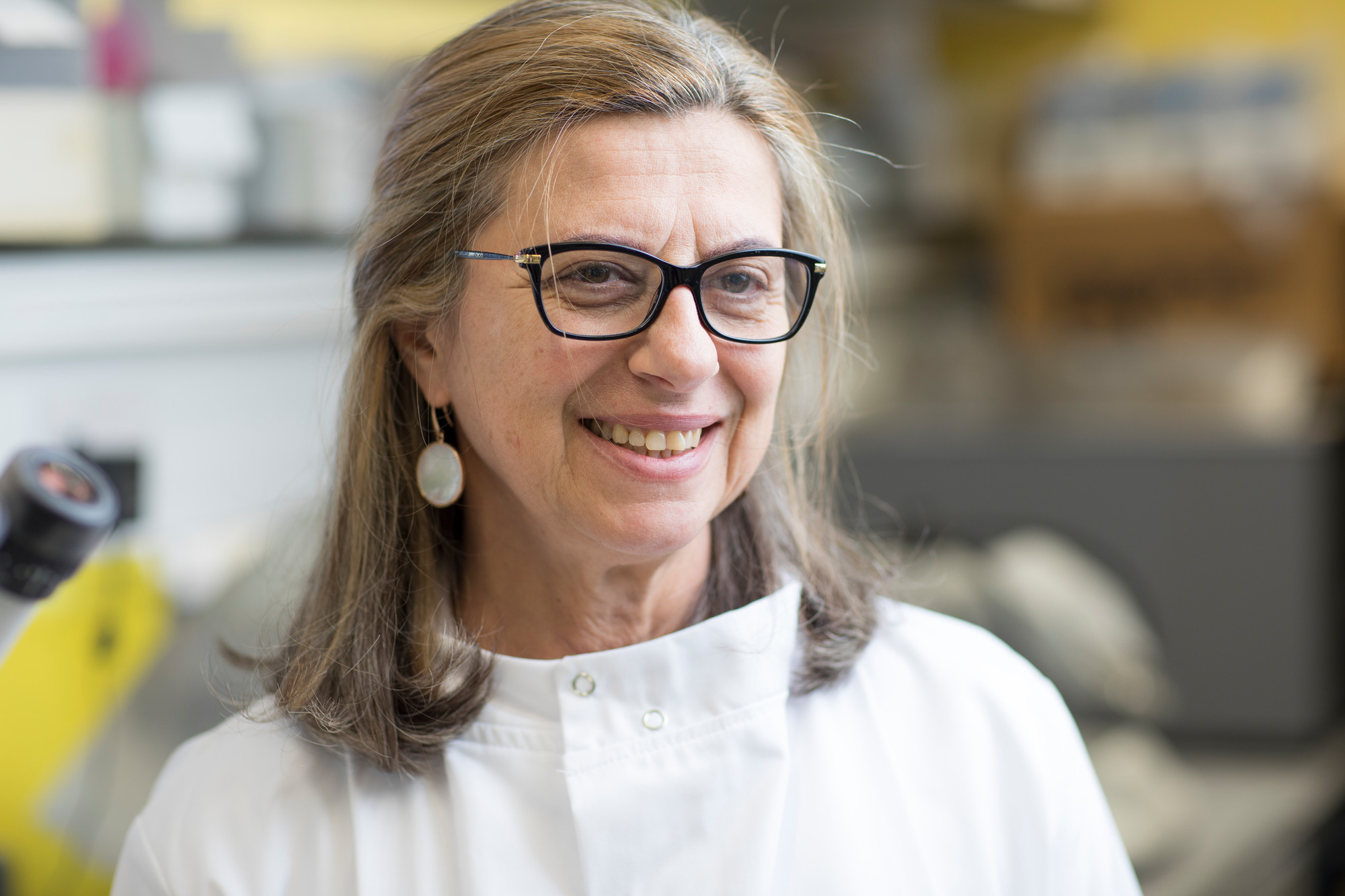
We asked each Division in the Department to share with us their key achievements as part of our end of year roundup. Here are the contributions from Brain Sciences. Well done everyone!
- The Division was awarded, subject to contract, a £1.6m endowment for four, four-year UK DRI-Safra Junior Research Fellowships in Parkinson’s Research.
- The Multiple Sclerosis and Parkinson’s Tissue Bank was successfully renewed for an additional five-year term.
- Professor Paul Matthews was awarded an initial £5m in funding from Biogen for an Imperial-led, multi-centre, prospective longitudinal pharmacovigilance study of people with multiple sclerosis who are eligible for treatment – “The OPTIMISE Pharmacovigilance Study”. This will employ newly-developed study software by the Data Science Institute (DSI) to support MS research.
- Professor Paul Matthews was awarded £9.2m by the UK DRI (award total £18m)
- Professor Roland Veltkamp was awarded £1.9m to lead an EU Horizon 20:20 project.
- Dr Martin Rajchl published work on replacing neuroimaging segmentation software with machine learning, which was awarded the Philips Impact Award at MIDL 2018
- Professor Vasso Episkopou recently published a paper entitled ‘Arkadia degrades SNON to activate level-specific NODAL responses’ in bioRxiv.
- Professor Steve Gentleman published work into an exciting new approach to “seeing” the 3D organisation of human brain tissue at a molecular scale in Nature Communications. Read the Imperial news article.
- Professor Simone di Giovanni published a paper, ‘Reactive oxygen species regulate axonal regeneration through the release of exosomal NADPH oxidase 2 complexes into injured axons’, in Nature Cell Biology. Read the Imperial news article.
- Findings of a study led by Professor Michael Johnson – A systems-level framework for drug discovery identifies Csf1R as an anti-epileptic drug target – were published in Nature Communications earlier this year. Read the Imperial news article.
- Dr Nir Grossman was awarded the 2018 Science & PINS Prize for Neuromodulation
- Dr Stefano Sandrone launched the ‘NeurOn Topic: Learning and Teaching’ blog, which features contributions from MSc Translational Neuroscience students. The key aims of the blog are to enhance the curriculum and innovate pedagogy, highlight the contribution of women in academia within and outside the College, and engage and inspire society. See our full roundup of Learning and Teaching successes for this year.